
A Parkinson’s researcher has earned his fourth retraction after receiving a two-year suspended sentence for fraud.
The sentence for Bruce Murdoch, issued on March 31, 2016, came following an investigation by his former employer, the University of Queensland (UQ) in Australia, into 92 papers. Murdoch entered guilty pleas for 17 fraud-related charges, which resulted in the retraction of three papers co-authored by Murdoch and Caroline Barwood, another former UQ Parkinson’s researcher who faced fraud charges (and was granted bail in 2014).
Now, a fourth retraction has appeared for Murdoch in Brain Injury, this time for duplication and failing to obtain consent from his co-authors.
Here’s the retraction notice, issued on July 11: Continue reading 4th retraction for neuroscientist sentenced for fraud
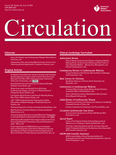

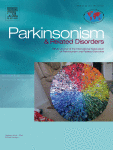 A bone researcher in Japan has logged his sixth retraction, after acknowledging he duplicated substantial portions of a 2011 paper and added “honorary” co-authors.
A bone researcher in Japan has logged his sixth retraction, after acknowledging he duplicated substantial portions of a 2011 paper and added “honorary” co-authors.

 JAMA and another journal in its network have retracted three 2005 papers about preventing hip fractures, after an admission of scientific misconduct.
JAMA and another journal in its network have retracted three 2005 papers about preventing hip fractures, after an admission of scientific misconduct. 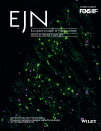
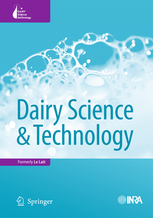
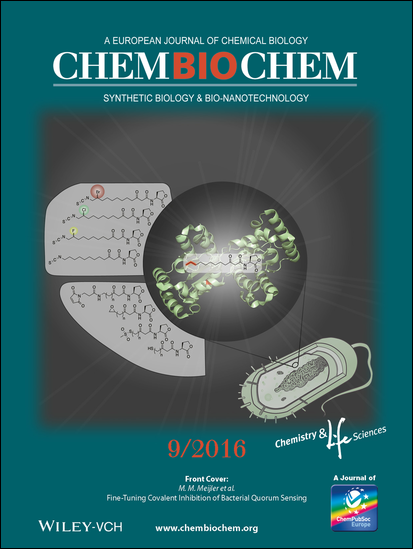 It was
It was